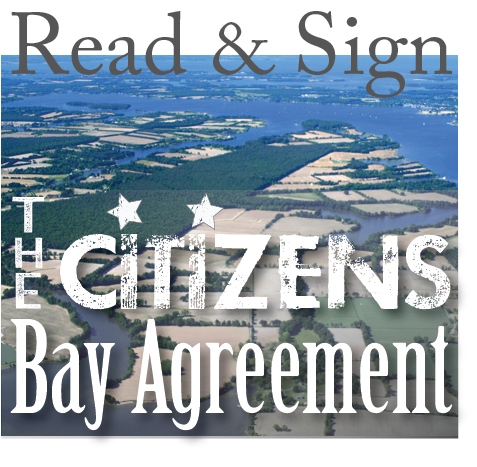Chesapeake Bay Action Plan
After decades of effort, the voluntary, collaborative approach to restoring the health and vitality of the Chesapeake Bay— the largest estuary in the United States—has not worked and, in fact, is failing.
A diverse group of 57 senior scientists and policymakers have joined forces to save the Bay. This is our plan.
Help Return the Patuxent River Commission to Protecting the River
from Fred Tutman (the Patuxent Riverkeeper) and Barbara Sollner-Webb (President of the West Laurel Civic Association) You may have seen recent articles in the Washington Post, Baltimore Sun and Laurel Leader about the Patuxent River Commission — this is an update and call to action. The Patuxent River Commission (PRC) is Maryland’s only governmental river…
Report finds Maryland is lax in regulating poultry industry pollution
By Gerald Winegrad A new report, “Blind Eye to Big Chicken,” documents a near complete abdication by Maryland agencies of their responsibilities to enforce critical pollution control regulations to rein in massive poultry industry pollution. The report by the watchdog group Environmental Integrity Project (EIP) details how chicken growers continue to violate state laws with…
How do we fight waterborne diseases? By reducing emissions and alerting the public to the dangers…
Health departments and the Department of Natural Resources need to issue regular public notices through the media about the dangers posed by these toxic organisms. Their messages should indicate precautions that can be taken to avoid waterborne diseases, especially for those most susceptible, including the immunocompromised or those with diabetes or chronic liver disease. Here’s what needs to be emphasized:
Flesh-eating diseases are Chesapeake Bay’s dirty secret
By Gerald Winegrad On Aug. 5, Patty Peacock was checking crab pots on her pier on Harness Creek just as she has every summer day for decades. I have done the same at my pier just north of hers on Oyster Creek. Shaking the pot, she nicked the underside of her right arm. Bleeding, she…
Courts start to hold Big Chicken accountable, when will Maryland?
By Gerald Winegrad: To paraphrase Shakespeare: Something is rotten in the state of Maryland — and all over the Delmarva Peninsula. And it is so rotten that it is contaminating the air people breathe, the water they drink, and the region’s creeks and the bay. The rot comes from major corporations’ industrialization of chicken…
Gerald Winegrad: Global warming is real and affecting us now
Global warming is real and presents an existential threat to the Earth and its inhabitants. Human activities are the major causative factor centered on fossil fuel burning and extraction, agricultural operations, and deforestation. Sea level rise caused by global warming is accelerating. Last year tied with 2016 as the warmest year on record. The last…
Gerald Winegrad: Myths about agriculture, the biggest and least regulated Chesapeake Bay polluter
We are blessed in this country with an abundant, healthy, and cheap food supply which few civilizations in history have attained. The Green Revolution ushered in huge increases in yield per acre as massive amounts of fertilizers, especially nitrogen, were applied as well as increases in pesticides. We produce so much food and fiber, that…
Chesapeake Bay cleanup efforts have failed. Radical change is needed
Disturbing elements of CBF’s report card include an F for oyster recovery. This critical Bay keystone species has declined to 1% of historic levels inhibiting its ability to filter-cleanse Bay waters. Underwater grasses scored a D-. Along with oysters, their ecological functions make them the Bay’s Most Valuable Players, helping keep water clear and healthy by absorbing nutrients, trapping sediments, reducing erosion and acidity, adding oxygen, and providing essential habitat for crabs.
We are senior Chesapeake Bay scientists and policymakers from Maryland, Virginia and Pennsylvania who have concluded that after decades of effort, the voluntary, collaborative approach to restoring the health and vitality of the largest estuary in the United States has not worked and, in fact, is failing. Our group unanimously recommends that all states draining into the Chesapeake Bay adopt our 25 action items in their Watershed Implementation Plans (WIP) and implement them to improve the Bay’s water quality and to meet the requirements of the Clean Water Act.
Sign up for news & updates from Patuxent Riverkeeper
